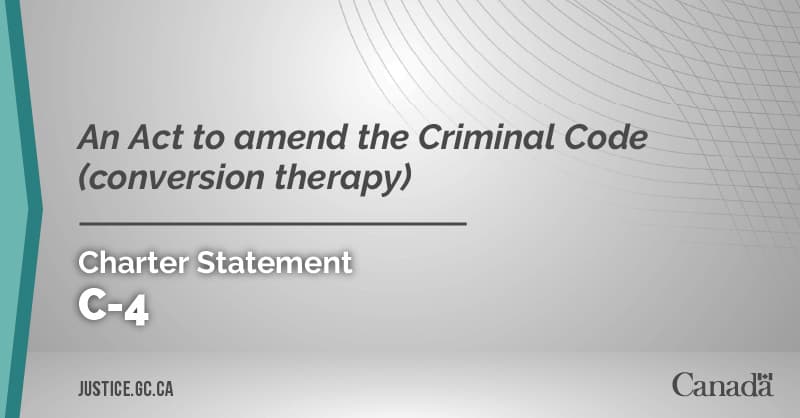Canada's Conversion Therapy Ban Under Scrutiny Over Parental Rights Concerns

Ottawa, Canada – Canada's federal legislation banning conversion therapy, Bill C-4, which received Royal Assent in December 2021 and came into force in January 2022, is facing criticism from some quarters regarding its broad scope and potential implications for parental rights. Social media personality Billboard Chris, for instance, recently voiced concerns that the law could criminalize parents for not affirming their children's gender identity or sexual orientation, potentially leading to prison sentences or intervention from Child Protective Services.
Bill C-4, which passed unanimously through both the House of Commons and the Senate—including support from Pierre Poilievre and the Conservative party—defines conversion therapy broadly. It prohibits practices, treatments, or services designed to change a person's sexual orientation to heterosexual, gender identity to cisgender, or gender expression to conform to the sex assigned at birth. It also covers efforts to repress non-heterosexual attraction or non-cisgender identity.
The legislation carries significant penalties, with those found guilty of causing another person to undergo conversion therapy facing up to five years in prison. Promoting or advertising conversion therapy, or receiving financial benefits from it, can result in imprisonment for up to two years. The law also criminalizes removing a minor from Canada with the intention of subjecting them to conversion therapy abroad.
"According to every member of Canada’s federal government, what this mother did was a crime of ‘conversion therapy,’ punishable by up to 5 years in prison," stated Billboard Chris in a recent tweet. He added, "Yes, every member, including @PierrePoilievre and his ‘Conservative’ party who voted to criminalize parents who don’t affirm their child’s delusion."
Despite these concerns, the Department of Justice has clarified that the law targets formalized "practices, treatments or services" and does not criminalize expressions of personal views or conversations. This includes discussions about sexual orientation, gender identity, or gender expression, unless such conversations are part of an intervention specifically designed to change a person's identity based on an assumption that one orientation or identity is preferable. The government maintains that the law aims to protect LGBTQ2+ individuals from harmful and discredited practices. Medical and psychological associations widely denounce conversion therapy, citing its ineffectiveness and potential for severe psychological harm.